Thinking of traveling to Tunisia? You haven’t yet ventured to the “Land of Carthage” and not sure how to start planning a trip? Planning a trip to Tunisia by yourself is easier than you might think.
Tunisia has a lot to offer — wonderful beaches, delicious local food, a wide array of historical attractions which show off the influences of various civilizations that have settled in the country over the years, amazing cultural sites and the warm friendly people. You will definitely find there something for yourself. With this is in mind, you may be unsure of where to start when creating an itinerary and planning your trip.
Here you will find information that is essential for planning a trip to Tunisia.
Destinations
Tunis, the capital of Tunisia, is one of the most vibrant cities in North Africa where you will have many possibilities for sightseeing, shopping, eating, entertainment or just relaxing.
Tunis is also a famous cultural and historical destination with its old Medina, historical buildings and munuments, and with the ancient city of Carthage being just a few Kilmeters away from the capital.

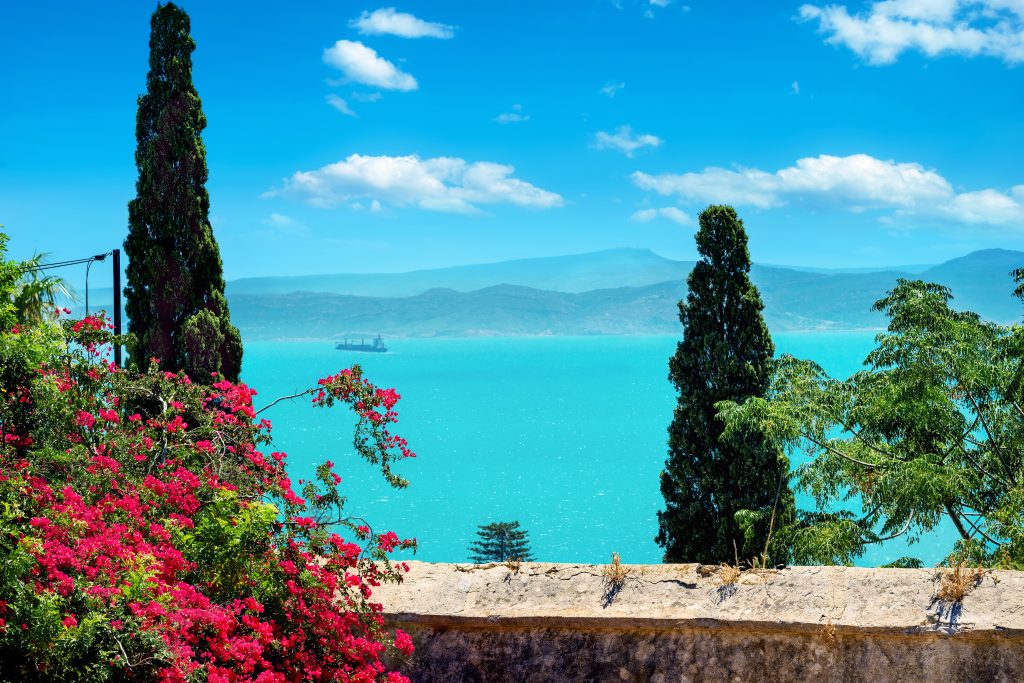
The Nearby North, Northwest, and Central Tunisia is very rich in history as well with ancient popular monuments such as the Great Mosque of Kairouan which is considered Islam’s fourth most holiest site, El Jem Amphitheatre, which is one of the largest and best-preserved Roman monuments ever built in the world.


Natural beauty is found in places such as Kef, Jendouba, Beja and the so many National Parks that are spread throughout the country.


Beautiful beaches can be found everywhere from the North to the South, Bizerte, Nabel, Hammamet, Sousse, Mahdia, on the islands of Karkennah and Djerba, and crazy nightlife can be experienced in the Mediterranean famous resorts of Hammamet, Sousse, and Djerba.


Huge variety of options for a perfect beach vacation are offered by Tunisia – choose a beautiful destination by the Mediterranean sea and enjoy your time to the fullest!


Stunning natural scenery in Northern-west Tunisia is created by mountains and forests, and the states of the Northern-west and central regions feature ancient heritage sites and temples such as the famous Tunisia’s Roman Ruins of Bulla Regia, one of the most fascinating and well preserved Roman sites in North Africa most known for its unique architecture.


Southern part of the country is an ideal place to relax after the chaos of Tunis and the touristic places. From Chott el Djerid, the Sahara’s largest salt lake, and the mountain oases to the deep Sahara desert of Tunisia, you will be able to relax and enjoy yourself to the fullest.

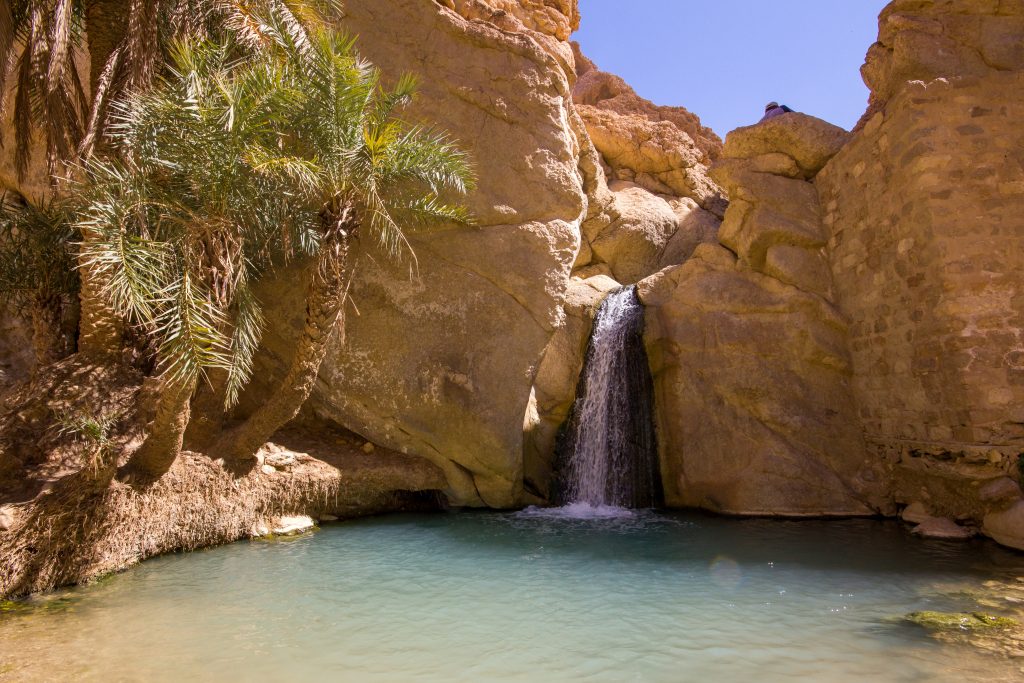
Weather of Tunisia
Tunisia has a typical Mediterranean climate especially during summer.
Four seasons can be defined in Tunisia – the Fall season (September to November), the Winter season (December to February), the Spring season (March to May) and the summer season (June to August). December, January and February are the coolest months here and June, July and August are the hottest.
The summer months are exactly the type of weather you would want on your summer holiday. With the hot sun beating down on your soon-to-be golden skin, you will never want to leave the heavenly beaches all along the coast.
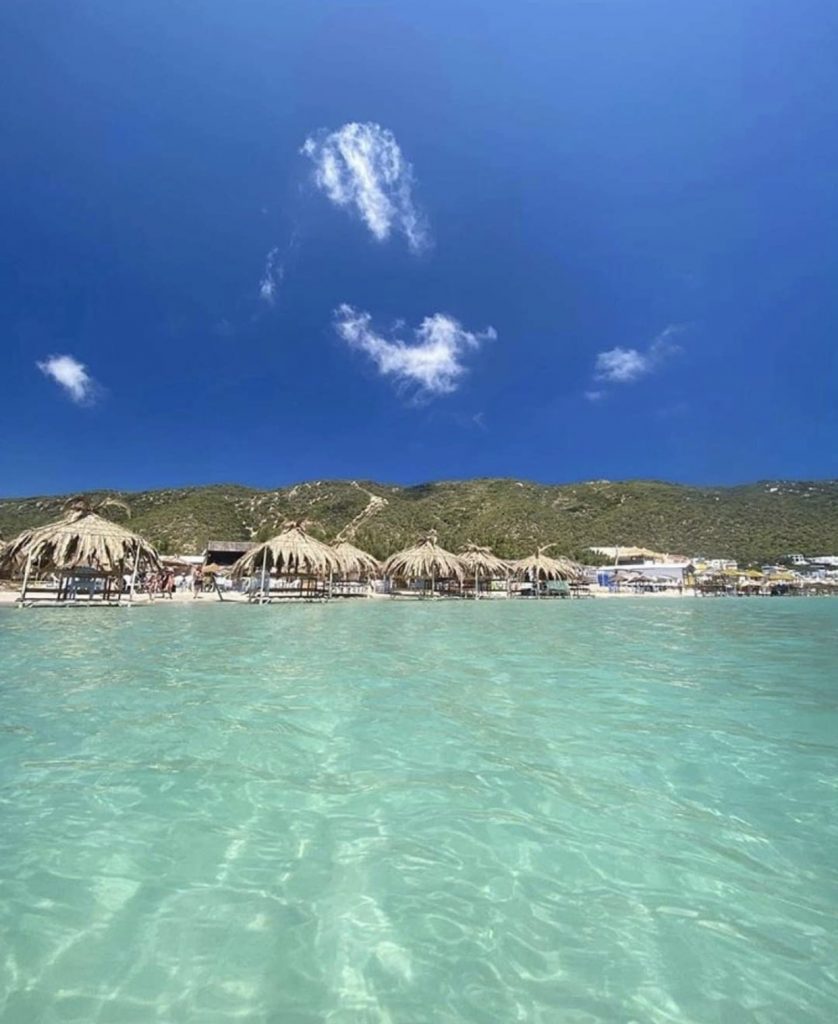
This is probably why the peak tourism season of Tunisia is in the summer season lasting from June to September. Crowds and prices are at the highest during that time so if you want to avoid crowds and save some money, you should evaluate other options, too.
Learn more about weather in Tunisia.
Flights to Tunisia
Get a really good flight deal for your trip to Tunisia here: Affordable Flight Deals. For more information on flying to and around Tunisia, check out our flights to Tunisia page.

Accommodations in Tunisia
Obviously where you can stay depends largely on your budget and in Tunisia, you can find everything from lively youth hostels and remote campsites, to high-end hotels and converted mansions.
Tips on choosing hotels in Tunisian cities and islands you will find here: Hotels in Tunisia.
Choose your hotel in Tunis, Central Tunisia, Eastern Tunisia, Southern Tunisia and Northern Tunisia on Booking.com and compare with prices and conditions on Agoda.
If you are wondering what would be the best length if a trip to Tunisia, well often the length is dictated by work vacations or school breaks, meaning there could be a limited time window. However it is safe to say that whether you have one week or one month, you won’t come anywhere near to seeing everything this country has to show.
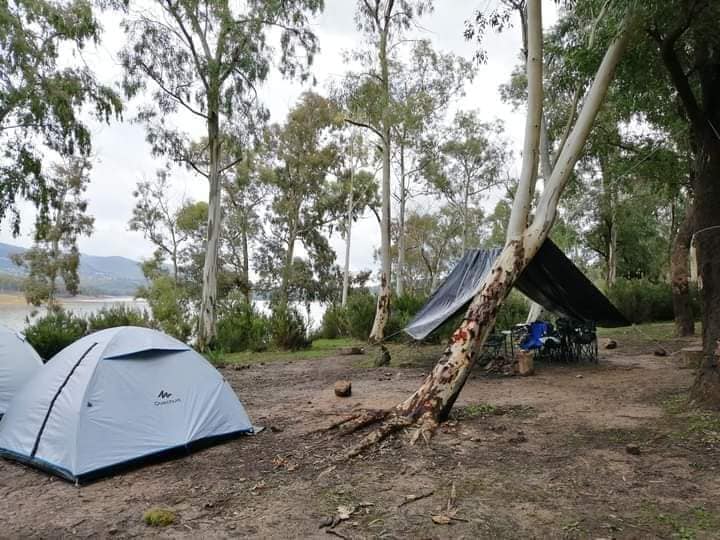
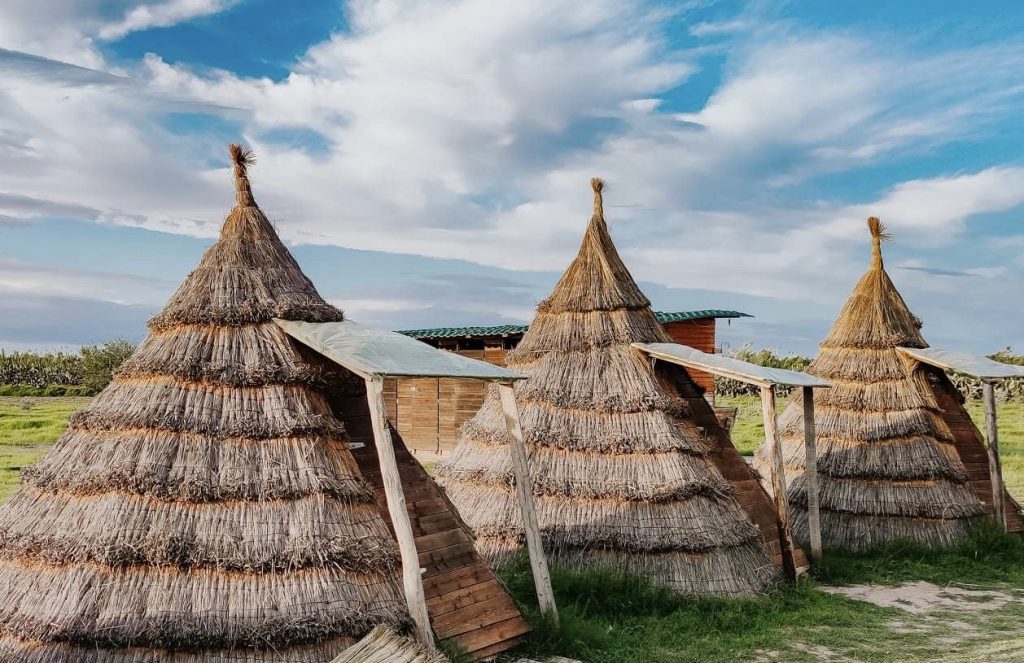
Suggested Read: Getting Back to Nature: 10 of the Best Places to Camp in Tunisia
10 days to two weeks are probably the best length of time to get a good feel for Tunisia, allowing you to tour around and spend a few days in the major tourist destinations of Tunis, Hammamet, Sousse, Tabarka and Djerba.
Tunisian VISA
Tunisian Visa is relatively easy to obtain. Almost all European citizenship holders, Canadians and Americans can access the country Visa-free for 90 days.
Others can obtain Visa prior to their arrival to the country . If you wish to stay longer, consider applying for a long-stay tourist visa at any Tunisian embassy or consulate worldwide.
For more detailed information on Tunisian visa options suitable for you see our Tunisia Visa page.
Tunisian Currency
Tunisia’s currency is called the Tunisian Dinar (TND).
ATMs can be found across the country, and international withdrawals are possible. Currency exchange booths are found in all international airports, touristy areas and in all cities.
Credit cards are increasingly accepted in the tourist industry, at restaurants, shopping malls and some shops. Small businesses usually accept only cash so you should be ready to use cash (Tunisian Dinars, only) for most of your daily purchases in Tunisia.
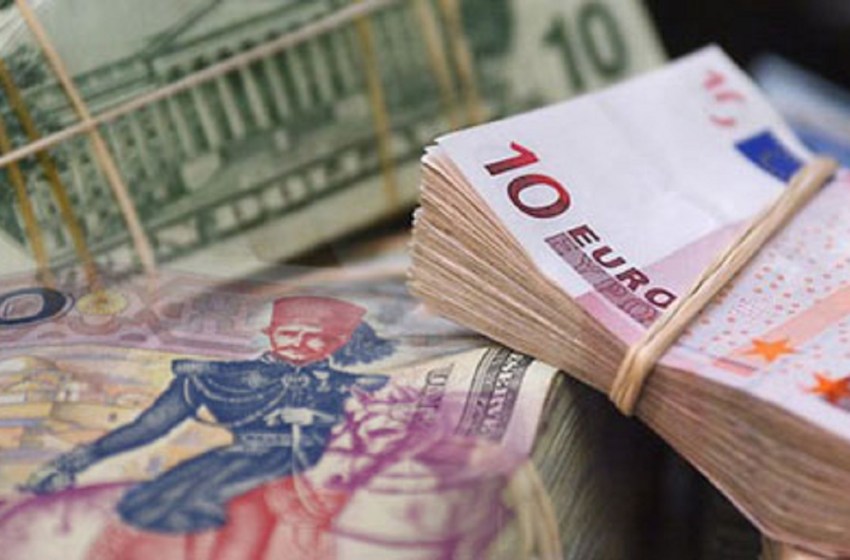
Check the Tunisian Dinar Currency page for detailed information about Tunisia’s currency – current exchange rates, cost of withdrawal and much more.
Cell phones & Internet
There are three main cell phone service providers in Tunisia: Tunisie Telecom, Orange Tunisia and Ooredoo. All three offer ‘pay as you go’ deals and have 3G/4G capability providing fairly good coverage in all but the most remote corners of the country. Learn more about Internet in Tunisia.

The easiest way for you to buy a SIM card and to set up your phone is to head directly to a provider’s shop or service booth. Your phone must be unlocked for you to use a Tunisian SIM card on it.
All three providers have offices in most major malls and on the arrivals floor of all Airports across the country.
Check for more information about Getting a Tunisian SIM Card.
Transportation
Getting to Tunisia
Most tourists arrive in Tunisia by plane, especially since the borders can be complicated to manage solo. Tunisia’s main airport is Tunis-Carthage International Airport and airlines fly here from around the world.
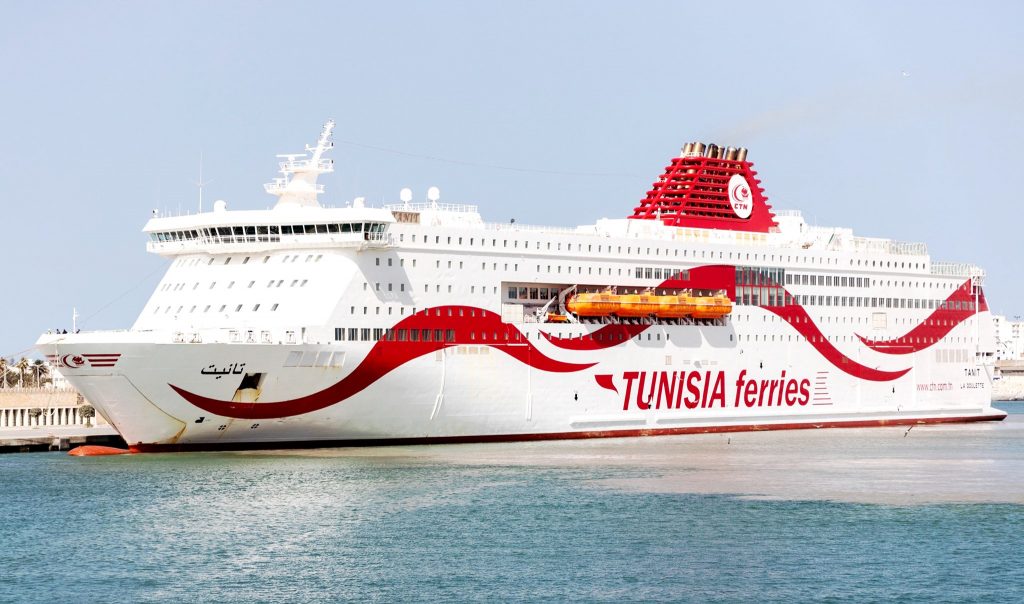
From Europe, there are flights to Tunisia from all major cities, as well as budget options in most EU countries with low-cost airlines. There are also weekly flights from Canada. Get a really good flight deal for your trip to Tunisia on Kiwi.com.
Getting Around
Country’s public transport system generally offers fairly below good value. Buses are cheap and convenient with many routes to various destinations across the country. The railway network connects some major corners of the country and is a cheap, scenic however, it is slow way to travel around Tunisia.
Minibus share taxis can help you to reach even the most distant villages. A combination of public transport, consisting of minibus share taxis, public buses and regular taxis can be found in most cities.

Tunis has a constantly expanding metro system though not recommended for foreigners as it is a bit slow and not that organized. The two major large islands can be accessed by large ferries.
Tunisia is also well-served by domestic airlines.
For more detailed information on Tunisia transportation see our Tunisia transportation page.
Tunisian Language
Tunisia’s official language is Arabic with French being the second language of the country. English is quite widely spoken by Tunisians in touristy destinations.
Hotel receptionists, travel agents, taxi drivers, vendors and other people related to tourism industry usually speak some English.

Learning some basic Tunisian Arabic would be a good idea. Phrases like “Hi” and “Thank you”, numbers and food names can be really handy, especially if visiting more remote areas.
Learn more about the language of Tunisia by visiting our Tunisian Arabic page.
Tunisian Culture
When you are traveling to Tunisia, no one expects you to be perfectly polite in the Tunisian way. However, it is important to know the basics of local culture before your trip in order to better understand the Tunisian people and Tunisian language.

Check our 10 Tunisian culture aspects you would need to know before traveling to Tunisia, listed by a Tunisian and surprise locals with your nice behavior.
Cost of Traveling to Tunisia
Traveling on a budget is possible in Tunisia as there are many afforable accommodations available. By spending around 50-100 EUR a day, you can get yourself accommodation, street food and a bottle of beer or two at night.
Choose fancier hotel, dine out at restaurants, drink cocktails at nightclubs and your daily expenses will easily multiply but it will still be much affordable than back home, especially if you are coming from a Western country.
Other Practicalities
Is Tunisia safe? Will my kids like the food in Tunisia? Can I get a WiFi connection? Will I be able to call home? Loads of questions will no doubt enter your mind as the trip approaches.
Yes, is the answer to all four of the above questions. Remember, Tunisia is a westernized country and most, if not all the services you expect and take for granted at home will be available – you can even pre-order and refill your Tunisian SIM card online. So sit back, relax, and enjoy the flight.
Check out our Tunisia travel information page to get all these questions answered, and more!
Happy trip planning!
ENJOY YOURSELF
If you would like to comment on this article or anything else you have seen on Carthage Magazine, leave a comment below or head over to our Facebook page. You may also message us via this page.
And if you liked this article, sign up for the monthly features newsletter. A handpicked selection of stories from Carthage Magazine, delivered to your inbox.


